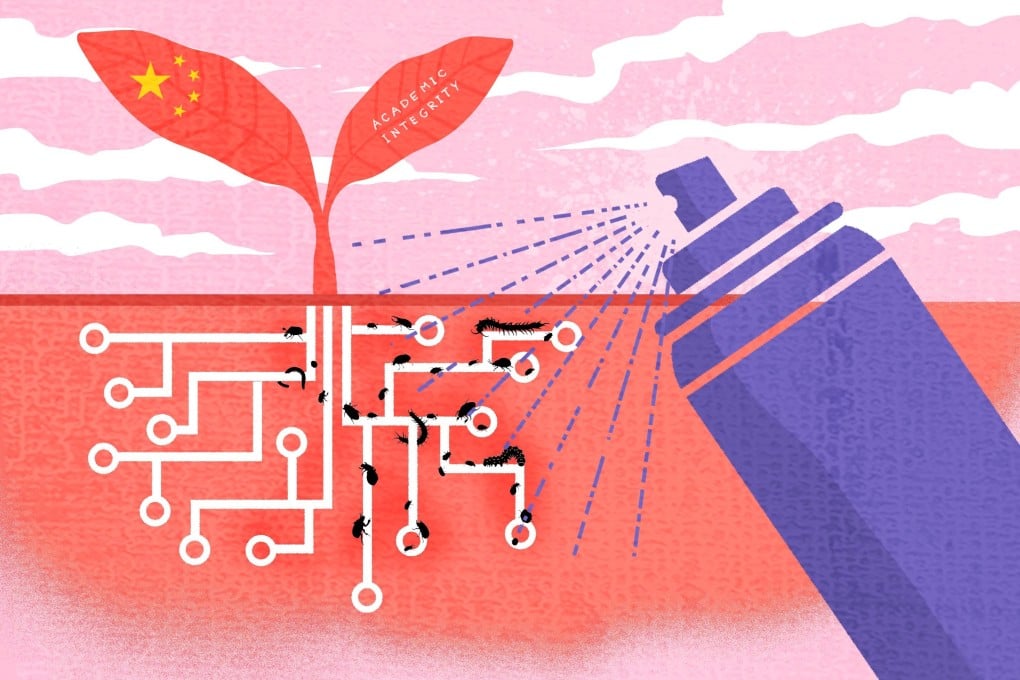Why the US-China tech war has put bugs in the academic system back in Beijing’s sights
By naming and shaming Chinese researchers for misconduct, China’s science ministry is doubling down on its push towards tech prowess

According to MOST, Sun, the former vice-president of Nanjing Drum Tower Hospital in the eastern province of Jiangsu, had contacted reviewers to lobby them to approve an application he had made for state funds in 2021.
Sun’s resume is an impressive one. As well as leading the breakthrough in xenotransplantation with the pig liver surgery, he was named a Yangtze River Scholar Professor by the Ministry of Education, and was recognised as a Distinguished Young Scholar by the National Science Fund in 2012.
Despite his achievements, MOST has now banned him from taking part in state-funded research projects for seven years, after finding him in violation of a 2020 regulation that prohibits “inviting” or “asking for a favour” from panel members as they decide whether a research project deserves state funds. Sun’s application has also been denied.
